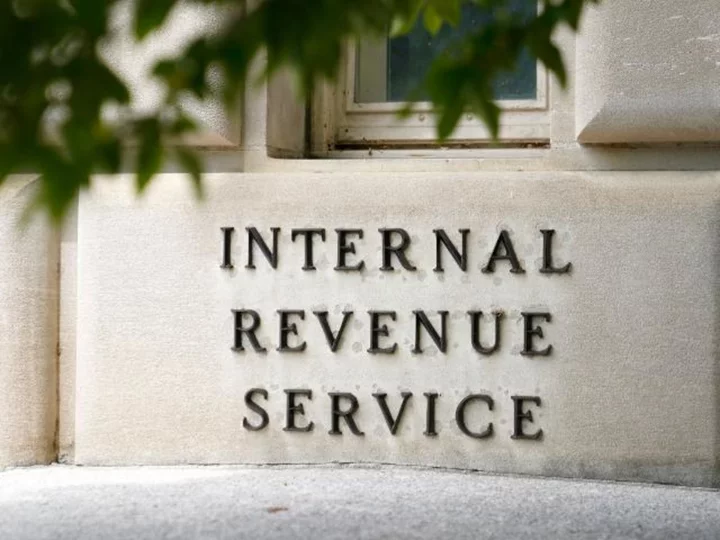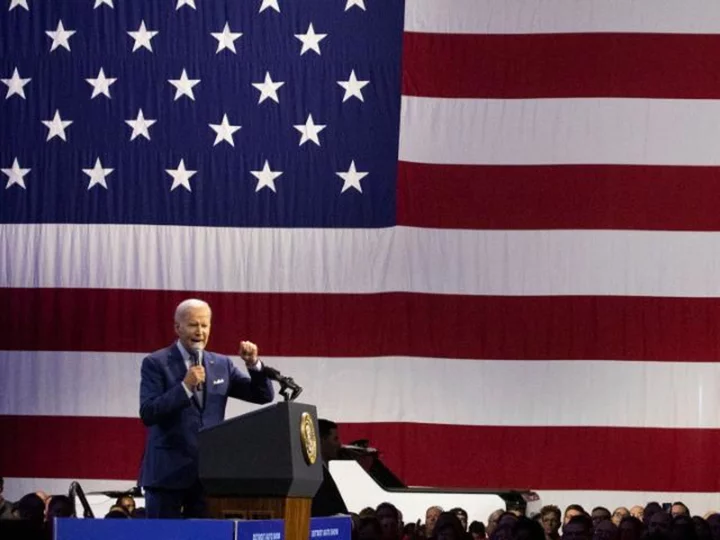Americans no longer have to fear the Internal Revenue Service showing up unannounced at their door.
The IRS is ending a decades-old practice of having unarmed revenue officers visit households and businesses to help them resolve their account balances by collecting unpaid taxes and unfiled tax returns.
These visits will only continue in a few special circumstances, the agency said Monday. Instead, taxpayers will receive letters in the mail to schedule face-to-face meetings.
The reason for the change: Growing safety concerns for both employees, who are increasingly dealing with hostile taxpayers, and Americans, who are contending with a growth in scam artists posing as agents.
"The safety of IRS employees is of paramount importance and this decision will help protect those whose jobs have only grown more dangerous in recent years because of the false, inflammatory rhetoric about the agency and its workforce," Tony Reardon, national president of the National Treasury Employees Union, said in a statement.
The IRS has been a target of Republican lawmakers and officials, who have repeatedly said that the agency will use the tens of billions of dollars it is receiving from the Inflation Reduction Act, which Democrats pushed through Congress last year, to ramp up audits of everyday Americans. The Biden administration and agency officials argue that the enhanced scrutiny will be focused on higher-income taxpayers.
The agency acknowledged that the move announced Monday is part of a larger effort to transform IRS operations after the passage of the law and the drafting of a new IRS Strategic Operating Plan in April.
"Changing this long-standing procedure will increase confidence in our tax administration work and improve overall safety for taxpayers and IRS employees," Danny Werfel, IRS commissioner, said in a statement.
"These visits created extra anxiety for taxpayers already wary of potential scam artists," Werfel said. "At the same time, the uncertainty around what IRS employees faced when visiting these homes created stress for them as well."
Typically, tens of thousands of unannounced visits take place each year. Under the new policy, less than a few hundred are expected to occur -- to service summonses and subpoenas or conduct sensitive enforcement activities involving the seizure of assets, for instance.
The increased funding from the Inflation Reduction Act will allow the IRS to beef up its staffing for compliance work, while improved analytics will help it concentrate on those with the most serious tax problems. It will continue to focus on high-income taxpayers with tax issues, the agency said.
Earlier this month, the IRS said it closed about 175 delinquent tax cases for millionaires, generating $38 million.
"This is just the start," the agency said in a press release. "We will continue to go after delinquent millionaires as we ramp up enforcement capabilities through the IRA."









